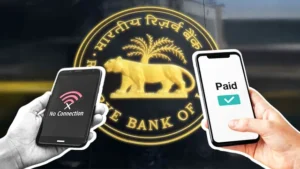Accidental Bank Transfers: The Importance of Prompt Action and Integrity

Accidental Bank Transfers: The Importance of Prompt Action and Integrity
In today’s fast-paced digital banking environment, erroneous fund transfers can occur, leading to unexpected credits in bank accounts. Such incidents necessitate immediate and ethical responses to prevent potential legal complications.
Immediate Steps Upon Receiving Unintended Funds
- Refrain from Utilizing the Funds: It’s imperative not to spend money that doesn’t belong to you. Unauthorized use can lead to legal ramifications, as retaining funds mistakenly credited can be construed as unjust enrichment.
- Document the Transaction: Maintain detailed records of the unexpected deposit, including the amount, date, and any reference numbers. This documentation will be essential when communicating with your financial institution.
- Notify Your Bank Promptly: Contact your bank immediately upon noticing the erroneous credit. Provide them with all pertinent details to facilitate a swift investigation and resolution.
Legal Implications in India
In India, the unauthorized use of funds mistakenly credited to one’s account can lead to legal action. If the recipient refuses to return the funds, the remitter has the right to initiate legal proceedings against them. According to the Reserve Bank of India (RBI) guidelines, banks are obligated to assist in rectifying such errors.
Preventive Measures for Remitters
To minimize the risk of transferring funds to incorrect accounts:
- Double-Check Beneficiary Details: Always verify the recipient’s account number and other details before initiating a transfer.
- Initiate Test Transfers: For significant amounts, consider sending a nominal sum initially to confirm the accuracy of the beneficiary’s details.
Conclusion
Accidental fund transfers require prompt and ethical actions to ensure the integrity of the banking system and to avoid legal consequences. Both remitters and recipients must exercise diligence and honesty in such situations.












